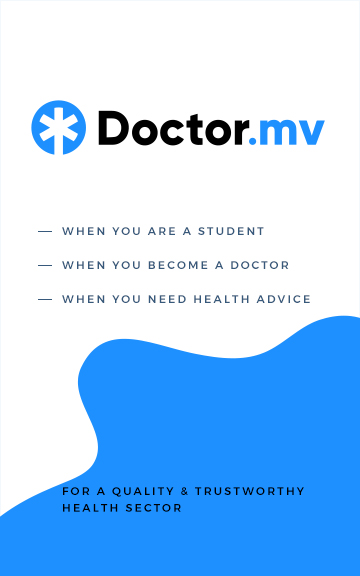
The journey of a Medical student is a transitional experience. You're floating between responsibility and the innocent mindset of a student.
The most exciting thing about being in Med school, is learning how to take the correct decision at the right moment, confidently and passionately; a quality that you might need to survive, throughout your life.
Yet, the question if you've made the correct decision to enter Med school or not is another story. And it probably requires a different article to be elaborated on.
What makes you different from other university students, is the fact that you are dealing with human lives.
This does not make you more important than the rest of the students of your age, but it definitely requires more responsibility. You need the ability to make a decision by yourself using your personal knowledge and criticism.
Decision-making is the process of finding a solution to a problem. It can be achieved based on Intuition or Reasoning.
When decision-making is based on intuition, it means that the person deciding has a “feeling” that the final decision is the correct one. If, however, decision-making is based on reasoning, there are usually some very important facts supporting the decision itself.
Intuition
Intuition is defined as 'the ability to understand something instinctively, without the need for conscious reasoning.'
In Medicine, deciding by intuition is not the safest way to act, seeming a bit inappropriate in the context of being a Medical doctor, especially a young one.
Experience, however, allows some doctors acting out on time, whenever there is not enough time to use reasoning or evidence-based medicine.
In such cases, intuition leading to correct and efficient decision-making was developed after a great amount of experience and medical knowledge. As a result, decision-making is sometimes based on almost automatic thoughts.
Reasoning
Reasoning, however, is a safer process to making decisions, as facts and evidence are being used as a backbone.
Making a decision based on reasoning provides the physician with confidence and security. This is because it excludes all the other possible decisions influenced by intuition.
However, there is one important factor that allows doctors to implement decision-making based on reasoning. This is knowledge.
While facing the challenge of making a decision, you should understand the nature of the problem and shortly define it. After giving a definition to the problem, possible answers to it should be considered.
In Medicine, this translates into structuring the differential diagnosis principle. Exclusion of, finally, inappropriate answers to the problem using reasoning is the next step. This is followed by validating the final decision and its effectiveness.
The same process is being followed for creating an effective treatment plan, taking a risk being always part of the procedure.
Sometimes, though, a decision might be shared. This applies not only by taking into account the opinions of your colleagues, but also by keeping in mind that patients are humans and have rights.
Except for rights, patient's opinions and will should always be part of the decision-making procedure. Medicine is primarily a science serving the human in the most direct sense.
Conclusion
Reasoning and intuition can be used in order for a decision to be made. One could say that making any decision implies taking a risk, and the procedure of decision-making cannot be carried out without a benefit/risk ratio.
However, in order for the decision-making to be effective, one should find the perfect conditions under which a decision will be effective.
For some, surrounded by many people helps while for others, this may lead to ineffective decision-making. Furthermore, too much or too little information may be a burden in the process of decision-making. Finally, the emotional component should be accounted as well.
What is your thought-process when making an important decision?



Leave a comment
0 Comments